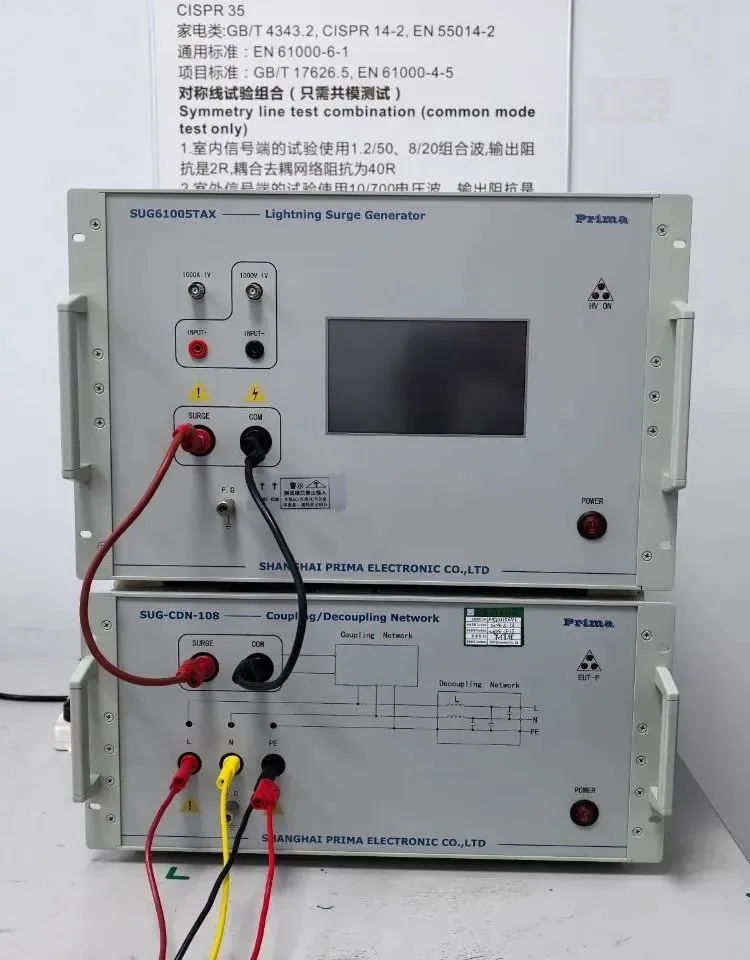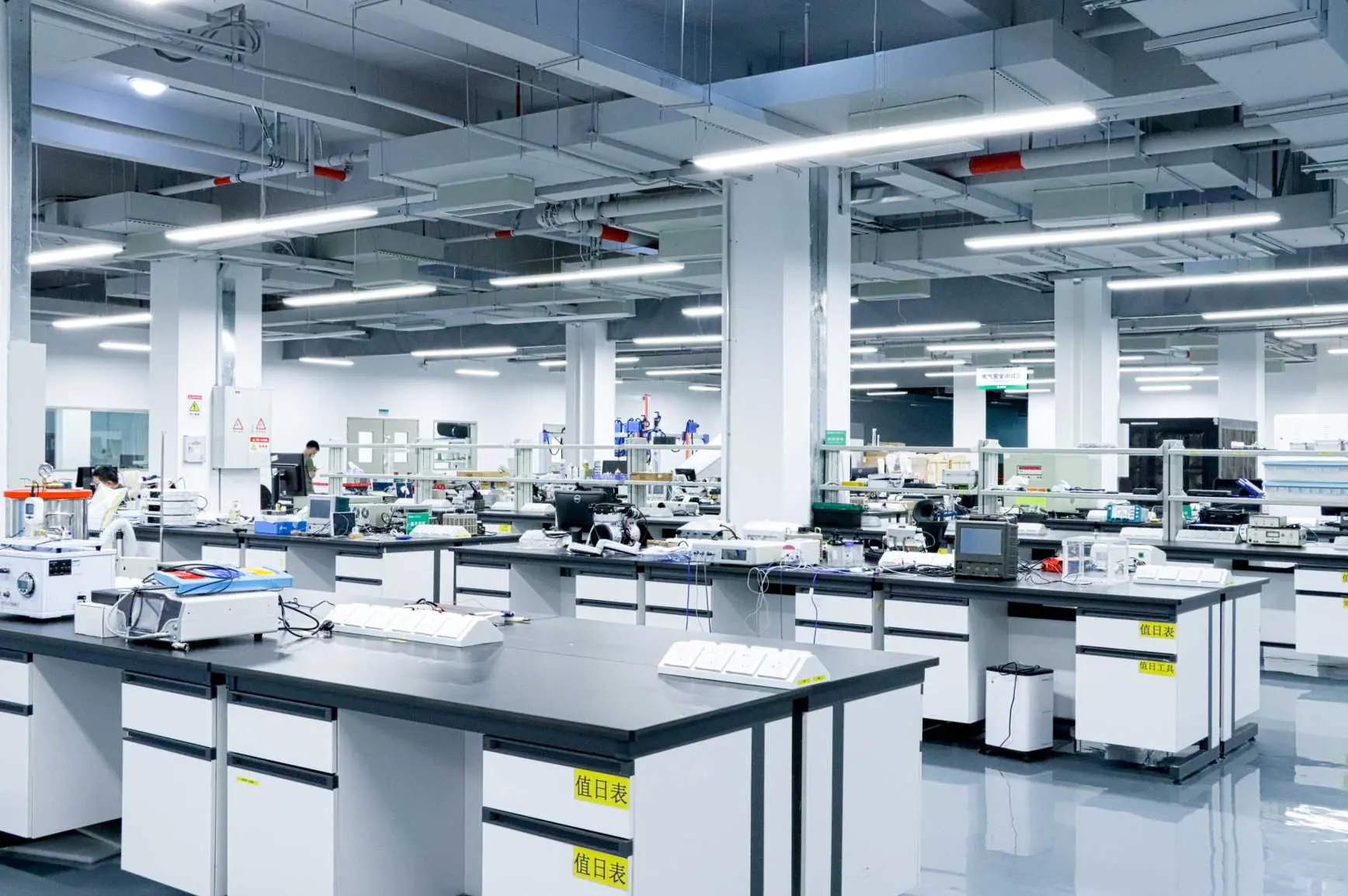
What is CB Certification?
IECEE cb certification
As more and more electronic and electrical products begin to be exported overseas, different countries have varying market access regULations. Most electronic and electrical products need to meet different regulatory requirements when entering various markets. The multitude of complex international certifications can be quite a headache. However, there is a "universal key" that can eliminate trade barriers - the IECEE CB Certification. In this article, we will introduce the relevant knowledge about CB Certification.
What is CB Certification?
The CB system (IEC System for Conformity Testing and Certification of Electrotechnical Equipment and Components) is an international system operated by IECEE. Certification bodies in IECEE member countries test the safety performance of electrical products based on IEC standards. The test results, namely the cb test report and cb test certificate, are mutually recognized among IECEE member countries. The goal is to REDuce international trade barriers caused by the need to meet different national certification or approval criteria. IECEE is the abbreviation for the International Electrotechnical Commission System for Conformity Testing and Certification of Electrotechnical Equipment and Components.
Which countries are members of the CB system?
The CB system provides manufacturers with a convenient way to obtain multi-country safety certifications for their products. Currently, there are 54 member countries, including major global economies (China, Australia, South Korea, Japan, Germany, France, the United Kingdom, the United States, Brazil, Mexico, the UAE, Saudi Arabia, etc.), with a total of 92 certification bodies.
What is the scope of CB Certification?
The CB system currently covers 22 categories of electrical equipment and components/testing, including safety, electromagnetic compatibility (EMC), and energy efficiency (E3) requirements.
Benefits of Applying for CB Certification:
1. Conversion to Foreign Certification Certificates:
If you have already obtained a CB test certificate and cb test report, you can directly apply for certification certificates in other countries. The certification body in the country you are applying to will review the CB test certificate and report (including the report on national differences). If the review results are satisfactory, you can obtain that country's certification without additional testing according to the country’s rules and procedures. Therefore, certification applications based on CB test certificates and CB test reports are prioritized and can reduce application cycles and fees.
2. Conversion to Chinese National Certification Certificates:
Based on the CB test report and differential testing, a Chinese national product certification report can be issued, thus obtaining mandatory or other voluntary certification certificates for electrical products in China.
3. Direct Recognition or Approval by Other Countries:
With the CB test certificate and CB test report, products can be directly exported to certain countries.
4. Cost and Time Savings:
Domestic enterprises applying for CB test certificates in China can save a lot on costs because the tests are conducted in domestic CB test laboratories. This also saves turnaround time for sample delivery and document mailing, enabling domestic enterprises to obtain CB test certificates as quickly as possible.
5. Increased Certainty of Passing Product Tests:
If a company has obtained a CB test certificate, the entire or most of the CB test results can be recognized when applying for certification in other countries. This can avoid or reduce re-sample testing, saving time and costs. More importantly, products tested domestically for CB can increase the confidence of passing differential tests.
How to Apply for CB Certification?
1. For CB Test Certificate Applications, Note the Following:
- The application for a CB test certificate can be submitted to any "certifying/recognizing" NCB that covers the product range.
- The applicant can be the manufacturer or an authorized entity representing the manufacturer.
- The application can include one or more factories producing products in one or more countries.
- Applicants, manufacturers, or factories located in countries without IECEE member bodies must pay an additional fee of 150 Swiss Francs per CB test certificate to cover the system's operating costs. This fee is collected by the NCB handling the CB test and credited to the IECEE account.
- Applicants can request the NCB to test products according to the national differences of the destination country.
2. Procedures for Manufacturers to Obtain Product Certification for Target Markets:
- Submit an application to the NCB in the target country.
- CB test certificate.
- CB test report (which may include national differences).
- Provide product samples to the NCB in the target market if required.
- The purpose of the samples is to verify that the products are consistent with those tested by the initial certifying NCB and cover national differences.
3. National Differences:
- National differences are the differences between a country's standards or regulations and the corresponding international standards. All national differences of countries joining the CB system are submitted to the IECEE Secretariat and published in the CB Bulletin.
What are the Costs of Applying for CB Certification?
The costs of CB certification vary depending on the product and certification body. If you would like to know the specific costs of CB certification for your product, please contact us for consultation!
Email:hello@jjrlab.com
Write your message here and send it to us
 What Are the Testing Items of California Propositi
What Are the Testing Items of California Propositi
 E-Cigarette EU TPD Testing
E-Cigarette EU TPD Testing
 Testing Certification for E-cigarettes Exported to
Testing Certification for E-cigarettes Exported to
 What is Amazon US CPC Certification?
What is Amazon US CPC Certification?
 UK Toy Safety Regulation Standard EN 71-13
UK Toy Safety Regulation Standard EN 71-13
 What is EU UFI Registration?
What is EU UFI Registration?
 EU UFI Registration for E-cigarette E-liquid
EU UFI Registration for E-cigarette E-liquid
 How to get the MSDS Report for Electronic Cigarett
How to get the MSDS Report for Electronic Cigarett
Leave us a message
24-hour online customer service at any time to respond, so that you worry!




